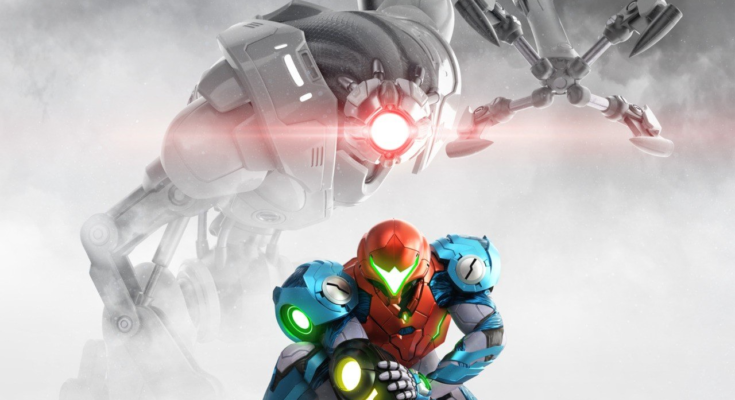

Following on from disputes over Metroid Dread developer MercurySteam’s policy regarding the in-game crediting of staff, further allegations have surfaced in the last few days which suggest questionable management practices and handling of employees at the Spanish studio, makers of the Castlevania: Lords of Shadow games, Metroid: Samus Returns, and — of course — the latest entry in the Metroid series.
Spanish website Anait Games has published further information after speaking to multiple former staff members regarding their time at the studio working on Dread. Programmers and artists who worked on the game talk about management and organisation issues, and a negative, stressful culture at MercurySteam.
The article contains no comment or corroboration from current MercurySteam staff, but details various grievances by former employees throughout development. One area involved ‘overscope’ that necessitated cuts on the part of Nintendo, specifically a period between April and July 2020 when Nintendo reviewed progress on the game and made various cuts to address a supposed bottleneck in the art pipeline. “There were about 120 cinematics to do, it was too big an overscope,” says one ex-programmer (via Google Translate) who left the studio shortly after. Another substantial cut is mentioned from the previous year, as well.
Development of Metroid Dread is described as “quite chaotic. Many times, giving me directions, my lead and the game director contradicted each other,” says another programmer. Another artist had this to say to Anait of the management style in place at the studio:
They do not trust the worker at all and it shows. You don’t feel valued. The bad atmosphere is constant and it is very tense, in general.
Punishments at the studio are alleged to “range from isolating the worker or changing the group to the same sudden dismissal”.
Elsewhere, allegations are made of improper treatment of staff and contractors regarding salary negotiation, as well as a negative assessment of the studio’s response to the pandemic. One programmer said that the “pandemic has not been well managed. It was total and utter chaos,” and describes unsafe anti-COVID measures employed in the workplace as staff were unable to work on the project remotely.
Inconsistencies in the Human Resources department’s responses to employee grievances are cited, with one example detailing the workers’ right to leave the office to cast a vote for the Madrid community elections — which fell on a working day — questioned due to the current state of development at that time.
The article also touches on the credits debate, with a fear of speaking out in public suggested as a factor which has kept people silent until now:
I think they play a bit with the fact that a lot of people don’t dare to speak in public. I know two more people who are not properly credited but I understand that they are afraid to complain because it seems that they are going to sink your career
Another worker elaborates:
The main leaders know a lot of people and they can destroy your career if they have a problem with you. They don’t mind talking bad about you and screwing up your career and that’s why people don’t talk
Metroid Dread launched on 8th October to overwhelmingly positive reviews and strong sales. The credits controversy and these new allegations don’t seem to have had an effect on the game’s momentum — not yet at least — but it’s certainly disturbing to hear stories like this, especially when they mirror similar allegations concerning MercurySteam management and culture made years ago when Castlevania: Lords of Shadow 2 was released.
We discussed the credits issue in a Talking Point article on the subject written before these new allegations surfaced. MercurySteam put out a response to the previous credits issue, although no comment regarding these latest allegations has yet been made. We’ll update this article if a statement is released.



